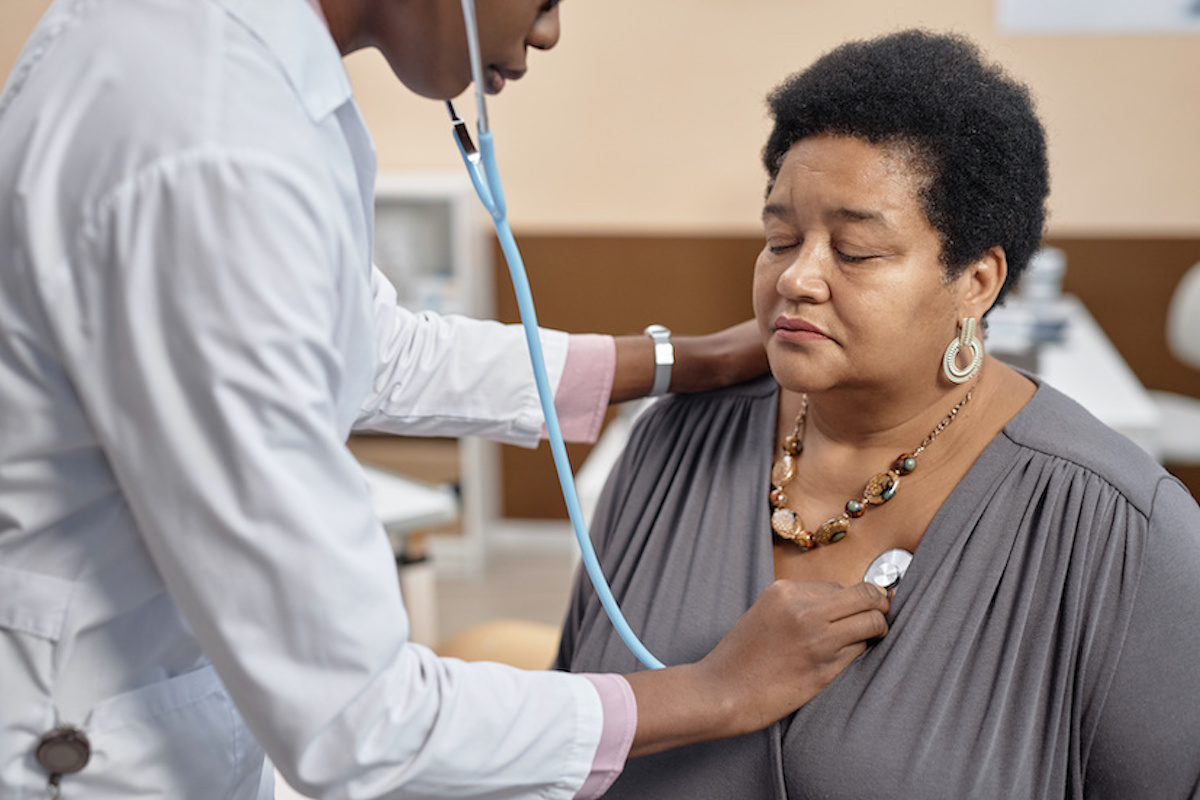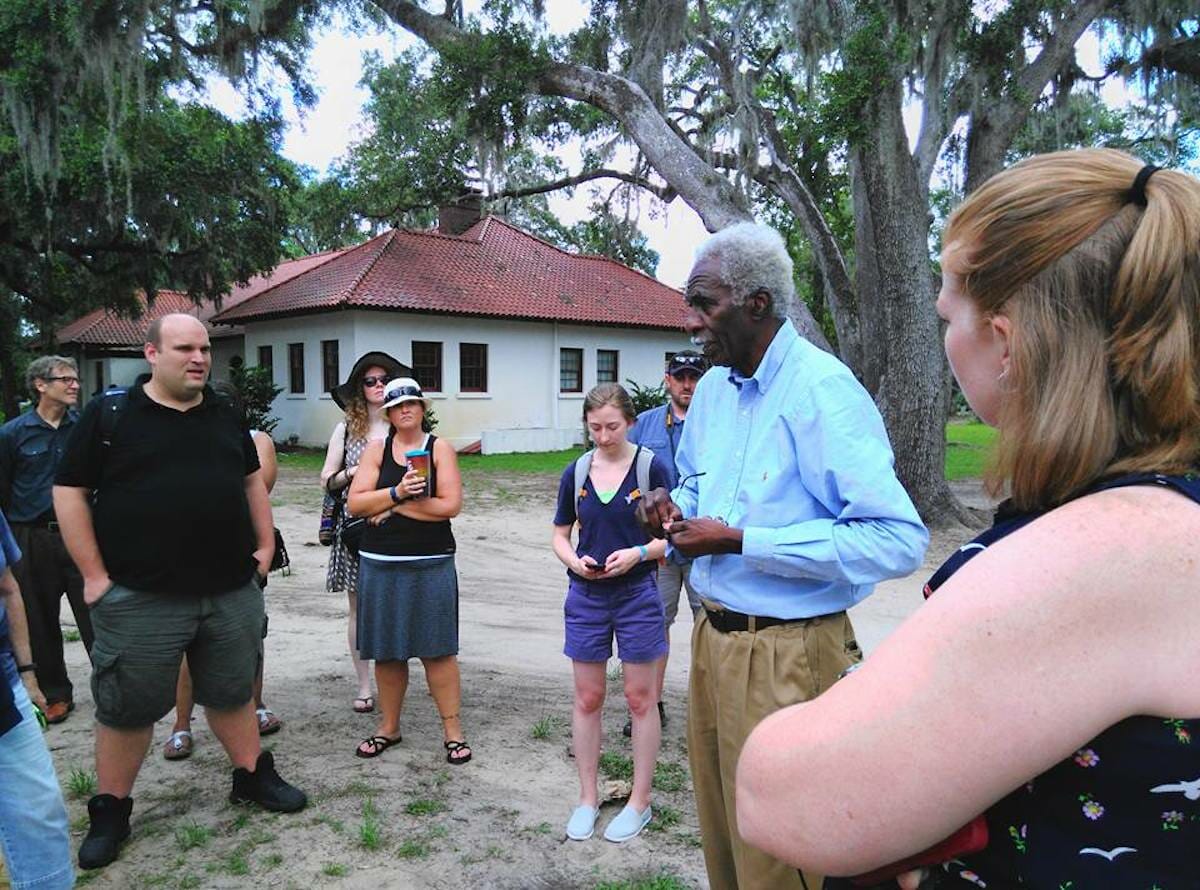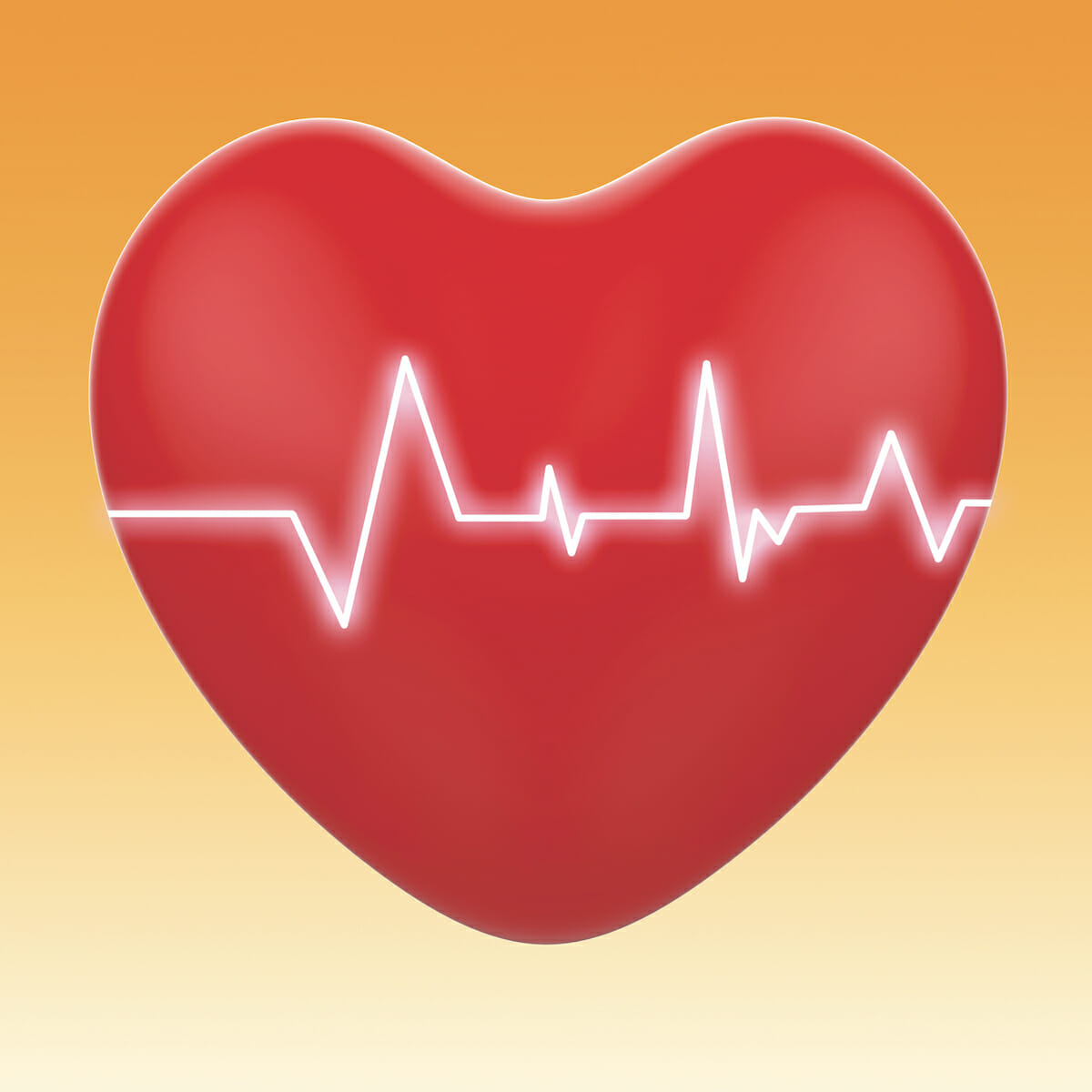Without treatment, hypertension can increase the risk of developing heart disease or stroke. This is because high blood pressure damages the lining of the arteries. Plaque can build up as a result, causing the arteries to narrow.
How are the conditions connected?
The Centers for Disease Control and Prevention (CDC) states that a person living with hypertension has an increased risk of developing heart disease and stroke.
High blood pressure causes damage to the artery walls. The damage can make the arteries more susceptible to the buildup of plaque, which can cause a blockage or reduced blood flow. If the blockage occurs near the brain or heart, it can lead to either a stroke or heart attack, respectively. According to the CDC 7 in 10 people who experience a first heart attack and 8 in 10 people who experience a first stroke also have high blood pressure.
Hypertension, heart disease, and stroke are three different conditions.
Hypertension
Hypertension, or high blood pressure, occurs when the pressure of blood pushing against a person’s arteries is higher than normal.
Although a person’s blood pressure can rise and fall throughout the day, chronically high blood pressure can lead to several health concerns.
Blood pressure involves two numbers: systolic and diastolic. A normal blood pressure reading is less than 120 millimeters of mercury (mmHg) systolic and less than 80 mmHg diastolic.
Elevated: A systolic blood pressure of 120–129 mmHg and a diastolic blood pressure of less than 80 mmHg.
Hypertension Stage 1: A systolic blood pressure of 130–139 mmHg or a diastolic blood pressure of 80–89 mmHg.
Hypertension Stage 2: A systolic blood pressure of 140 mmHg or higher, or a diastolic blood pressure or 90 mmHg or higher.
Heart disease
Heart disease refers to several different conditions that affect a person’s heart.
There are different types of heart disease, including coronary artery disease, heart attack, heart failure.
According to the CDC, the most common form of heart disease is coronary artery disease (CAD). CAD can affect blood flow to the heart. If the heart does not get enough blood, a person can have a heart attack. Each year, approximately 659,000 people in the U.S. die from heart disease.
Symptoms: High blood pressure and heart disease may not present with any symptoms. If a person experiences symptoms of a stroke, they will require urgent medical attention.
Heart disease—A person with heart disease may not experience any symptoms until they have a heart attack.
Heart attack: A person may experience upper back or neck pain, nausea, dizziness, indigestion, heartburn, chest pain, vomiting, extreme fatigue, shortness of breath and/or discomfort in the upper chest.
Heart failure: fatigue, shortness of breath, swelling in the feet, legs, ankles, abdomen, or veins of the neck
Arrhythmia: a feeling of fluttering in the chest, also known as palpitations.
Stroke
When a person experiences a stroke, they may have one or more of the following symptoms:
sudden severe headache with no known cause
sudden confusion, trouble understanding speech, or trouble speaking
sudden weakness or numbness in the arm, leg, or face, particularly on one side of the body
sudden dizziness, loss of balance, difficulty walking, or loss of coordination
sudden trouble seeing in one or both eyes
Risk factors
Each condition shares some similar risk factors, including a lack of exercise or activity, a diet that includes high amounts of salt, having obesity, smoking, having diabetes
Hypertension is also a risk factor for both stroke and heart disease.
Treatment and prevention
Treatment for high blood pressure can help prevent both heart disease and stroke.
A healthcare professional may recommend taking medications to lower a person’s blood pressure.
There are multiple types of medications that all have slightly different effects on a person’s blood pressure and heart.
A person can also make lifestyle changes, which include:
exercising regularly, for at least 150 minutes per week
eating a healthy diet containing lots of fruits and vegetables
maintaining a healthy body mass index (BMI)
avoiding or quitting smoking
eating a low sodium diet
avoiding alcohol
managing stress, if possible
getting enough sleep
A person who experiences a heart attack or stroke should seek emergency medical services or call 911. If a person has had a stroke, medical professionals will prescribe medication or perform surgery to stop the bleeding and save the brain tissue.
Treatment for a heart attack will also involve medications and surgery.
When to contact a doctor
People living with hypertension should regularly consult a doctor to see how medication and lifestyle changes affect their blood pressure.
A person can make adjustments in consultation with their doctor as needed based on how their blood pressure is responding.
A person should contact 911 or emergency services immediately if they experience signs or symptoms of a heart attack or stroke.
Summary
Hypertension increases a person’s risk of having a stroke or developing heart disease due to damage to the arteries.
A person can take steps to reduce their risk for any of these conditions, including regular exercise, a healthy diet, avoiding smoking, and reducing stress.
In some cases, a person may need to take blood pressure medications to help prevent high blood pressure and reduce their risk of developing heart disease or stroke.
Source: https://www.medicalnewstoday.com/ articles/how-are-hypertension-heart-disease-and-stroke-related
Exclusive content from CARE magazine












